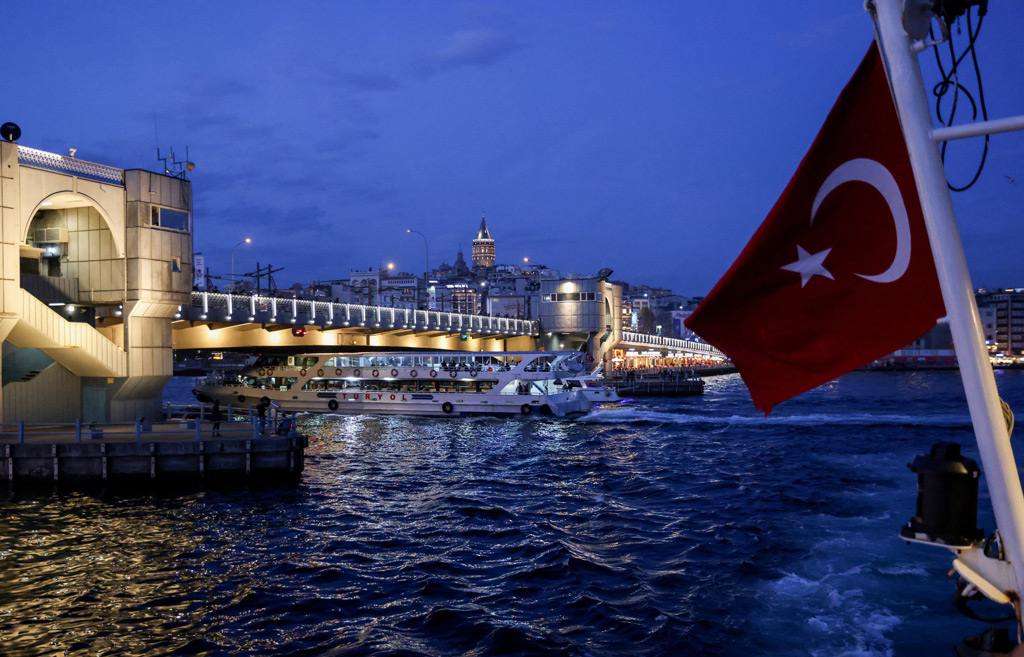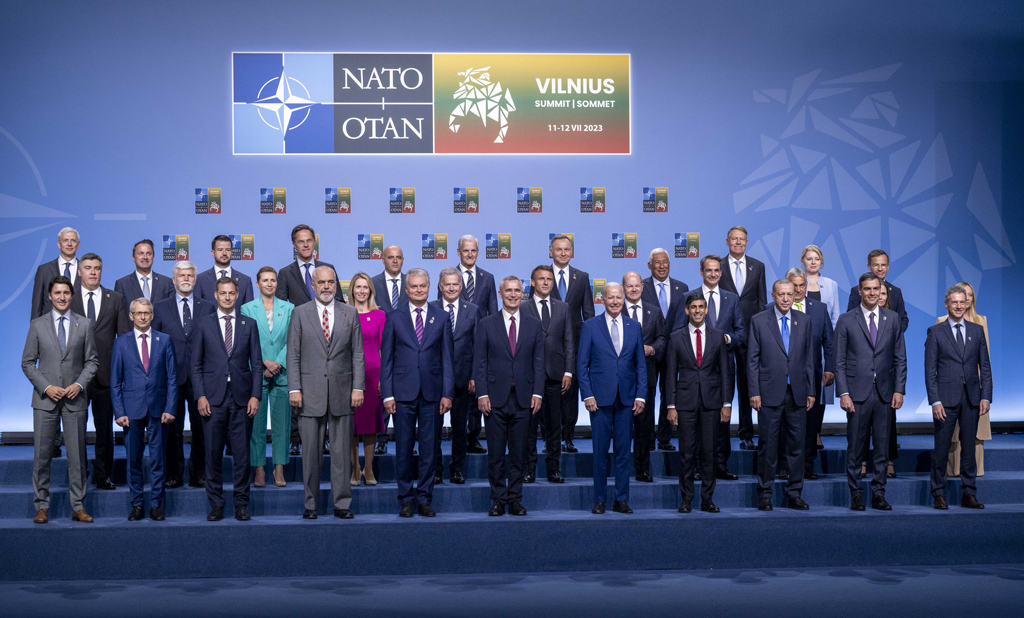The Turkish opposition’s waywardness alarms its mentors, who warn that the election is "theirs to lose." Recalling that undecided voters have shifted toward the ruling party in recent months, they recommend the opposition to take action without waiting for an official decision to hold elections. That brain trust is dominated by liberals, leftists and conservatives. Stressing that the opposition is running out of time, they propose postponing the debate over potential presidential candidates and, instead, finding solutions to pressing problems.
That recommendation is obviously informed by the vast amount of time that the opposition has lost by talking about potential candidates. Those discussions revolved around Kemal Kılıçdaroğlu, the chairperson of the main opposition Republican People's Party (CHP), and the Good Party’s (IP) Chairperson Meral Akşener – as well as Ekrem Imamoğlu, the mayor of Istanbul and a member of the CHP. Although the latter recently said that "they won’t be able to cause discord between myself and my chairperson," that was clearly intended to facilitate a cease-fire, rather than rule out his candidacy in the home stretch.
The six parties
The brain trust behind the opposition expects the six opposition parties to manage the process step by step. They are fully aware, after all, of the difficulty of bringing together those movements with such ideological differences. As such, they propose that the opposition concentrates on its alliance’s components, timeline, transition period and vision. Moreover, the opposition’s mentors recommend that the parties agree on the postelection distribution of power in order to get the Future Party (GP) and the Democracy and Progress Party (DEVA) on board with greater ease.
GP Chairperson Ahmet Davutoğlu has been trying to attain some level of "agency" within the space that the opposition’s mentors have allotted him. Whilst talking about "lasting and visionary cooperation" instead of an electoral alliance, he seems to make life more difficult for the Nation Alliance by demanding "equal representation." Against the backdrop of disagreements even among the CHP’s own potential contenders and a war of words between pro-opposition media groups over whom to endorse, Davutoğlu thus makes a quite "liberal" proposal. It is one thing to take seats around a round table as if everyone were equal, but one’s popular support is what ultimately determines one’s actual position. Everything else is about justifying one’s dreams and, more importantly, one’s deeds.
The problem with the opposition’s mentors is their level of sophistication. The opposition parties might agree on a set of tactics and principles, yet shaking hands on policy is a herculean task for (Kemalist, nationalist and conservative) movements with different ideological backgrounds. At the same time, that process threatens to alienate those parties from their own supporters. Likewise, it would be extremely difficult for them to jointly endorse a presidential candidate or, if they were to win the election, to share power. Nor is it likely for those complex processes, which have been recommended, to yield sustainable and concrete results.
Let us assume for a second that those six opposition parties – in addition to the Peoples' Democratic Party (HDP) – manage to collaborate by overcoming their many challenges. That would undoubtedly be a victory for the CHP. I understand that some liberal and leftist intellectuals may desire that outcome, but I hope that the (former) conservative thinkers, who now march under the main opposition party’s banner, know what purpose they serve. Will they go beyond coming up with excuses for joining the Nation Alliance? If the CHP ends up calling the shots, what kind of country will Turkey be?
GP and DEVA attempts
Of course, ongoing attempts by the GP and DEVA to join the pro-opposition alliance mean certain things. First of all, those movements have already abandoned their original claims that they were going to form a "single-party government" in the future. At the same time, they have become more eager to be in Parliament and resorted to sophisticated maneuvering in an attempt to justify that position. However, it is somewhat problematic for them to seriously believe that "fringe parties could decide the election with just 1% of the vote." The 2019 municipal election taught everyone the lesson that creating a united front against the ruling Justice and Development Party (AK Party) ultimately plays into the hands of the main opposition party. That the IP could not claim any metropolitan municipalities was a case in point. Neither the sophistication of "alliance engineering" nor big words invalidate the core question of politics. Sitting around a round table won’t answer the following question either: How and by whom will critical decisions be made? That is the essence of political power. In my opinion, no magical formula to unite those six parties will make up for the opposition’s waywardness. All those plans will amount to nothing more than a layer of makeup, which will wear off on the campaign trail, where each presidential candidate’s "leadership" skills will be put to test.
Let us remember that the people, not party chairs, get to make the decision that matters.
[Daily Sabah, January 26, 2022]









